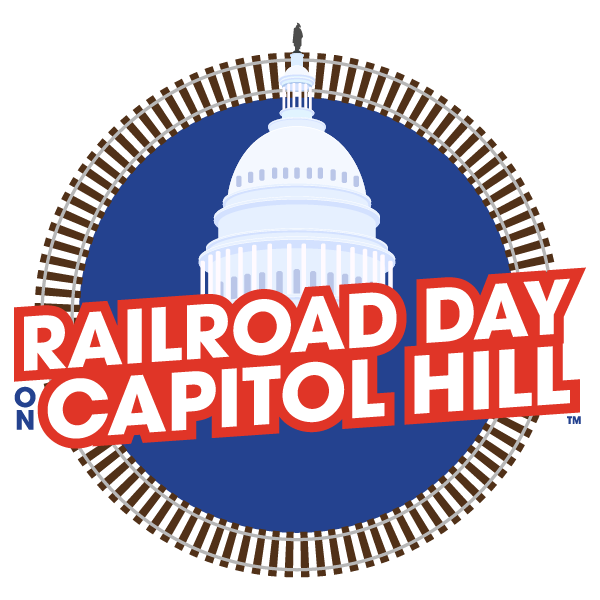
Download the Railroad Day 2025 handout here
America’s freight railroads operate in 49 states and the District of Columbia, serving nearly every major industry – from agriculture and chemicals to energy and manufacturing. To deliver safe and reliable service, Class I railroads – the six largest – work closely with 600+ short line railroads. Short lines are small businesses typically employing less than 30 people, operating nearly 30% of the nation’s route miles, providing the first- and last-mile connections for thousands of shippers to the national rail system.
For nearly 200 years, freight railroads have been a key driver of America’s economic development, linking businesses across the country and around the globe. Freight railroads continue this legacy using advanced technologies that improve safety, enhance efficiency, and expand economic opportunities for our customers, and reduce emissions. To support these goals, we urge Congress to:
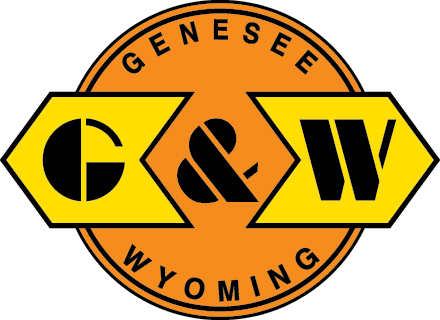 |
 |
|||
 |
 |
 |
 |
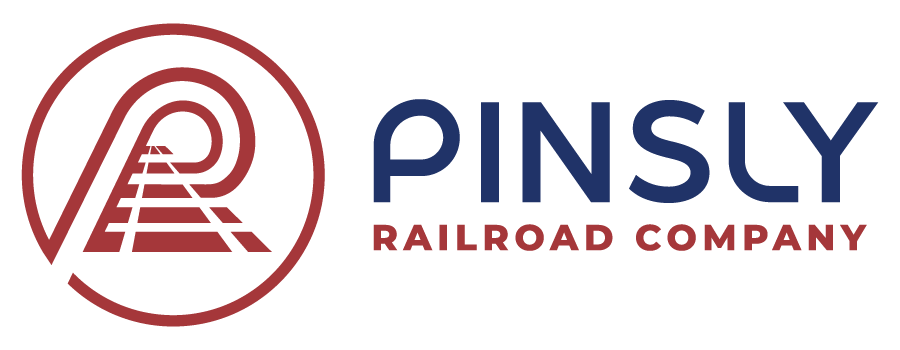 |
 |
 |
|||
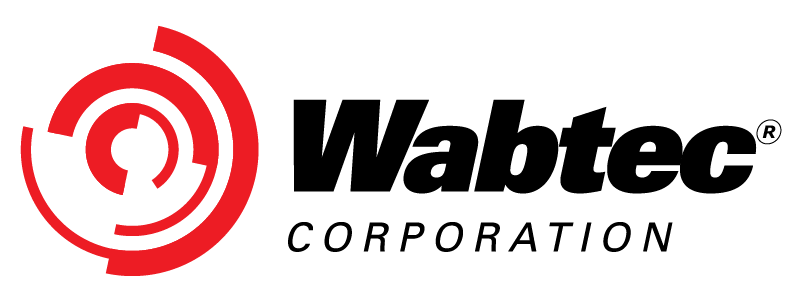 |
||||||
 |
 |
 |
 |
|||
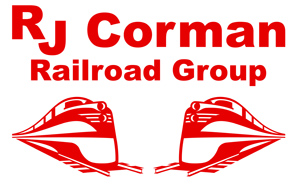 |
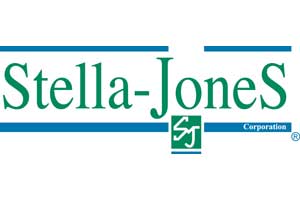 |
|||||